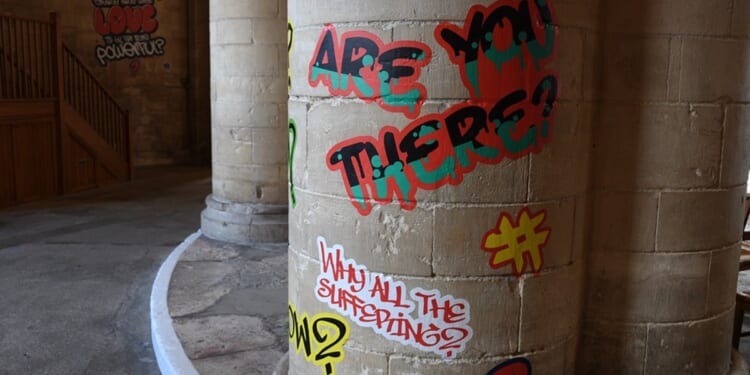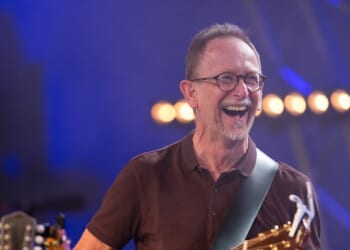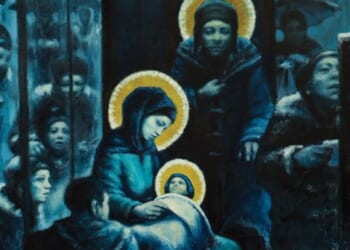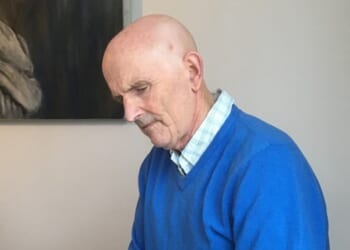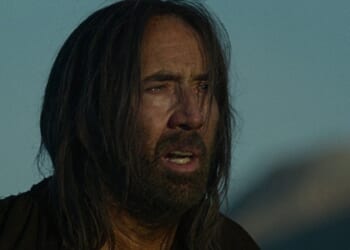THE Canterbury Cathedral graffiti imbroglio (News, Viewpoint, 17 October) seemed to misalign BBC producers’ instincts for finding balance in a debate. Even Sunday (Radio 4) pitted two arty spikes against one another, in the shape of the Revd Fergus Butler-Gallie and Canon Giles Fraser — only to find that Canon Fraser, despite a few limp attempts to pretend that he didn’t think aesthetics were important, agreed with “70 per cent” of Fr Butler-Gallie’s contributions, which included a tasty line about “the idolatry of fake radicalism”.
The same problem of secular journalists’ misreading the imperfect alignment between ideological divisions in the Church and their secular equivalents bedevilled AntiSocial (Radio 4, Friday), whose producers didn’t seem to realise that they had set up a debate between the conservative High Church aesthete Dr Bijan Omrani and the leftish High Church aesthete the Revd Dr Charlie Bączyk-Bell.
Dr Bączyk-Bell damned the graffiti exhibition with faint praise as “kind of slightly interesting” but “not going to change the world”, while Dr Omrani was only “vaguely” repelled by it. Dr Omrani scored a more robust hit by criticising the cathedral for “trying to ally itself with something that looks ‘with it’ but is in fact rather tired and hackneyed”, and which “smacked of a loss of confidence in the great artistic and cultural heritage”.
Dr Bączyk-Bell’s best-made point was that no graffiti could be half as upsetting to conventionally pietistic readings of what a church is for as a good sermon — or, indeed, large chunks of the Bible.
The most entertaining part of the programme was the art historian Bendor Grosvenor’s useful cameo on the fall of the English church art tradition during the Reformation and Civil War, and its later resurrection by Victorian Anglo-Catholics.
It took until almost the end of the hour-long programme for someone to identify the actual root-source of much of the online unpleasantness, when Dr Bączyk-Bell pointed out that much of it was proxy outrage about the fact that the next Archbishop of Canterbury would be a woman.
The latest instalment of the 40-part Sunday-evening Gesamtkunstwerk 20th Century Radicals (Radio 3) explored the life and works of the West Coast hobo composer Harry Partch, perhaps the strangest of them all. He wrote mostly for bespoke instruments that he invented, using non-standard tonal relationships usually devised by himself. That goes a long way to explaining why his works are rarely performed. So, too, does the fact that they are only intermittently listenable — but when they are, they’re full of intense exuberance. This rare chance to hear some was a treasure.
I understand that rights issues in relation to recorded music are difficult, but it is a pity that episodes from this wonderful series — almost a rethinking for radio of Alex Ross’s revelatory book The Rest is Noise — are available for only 30 days.

